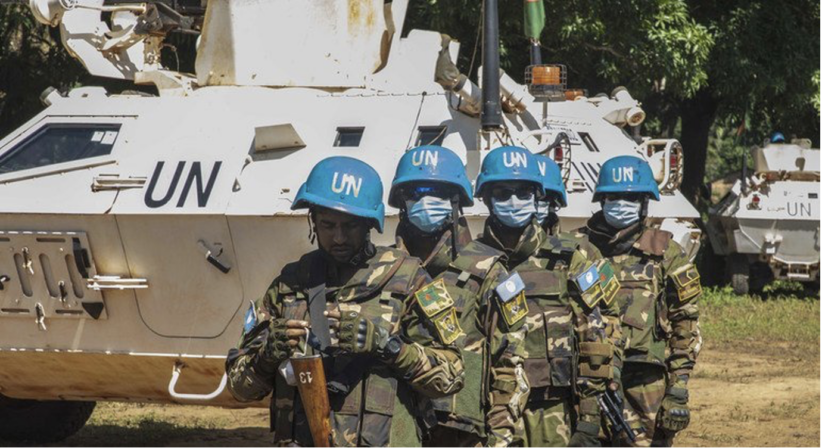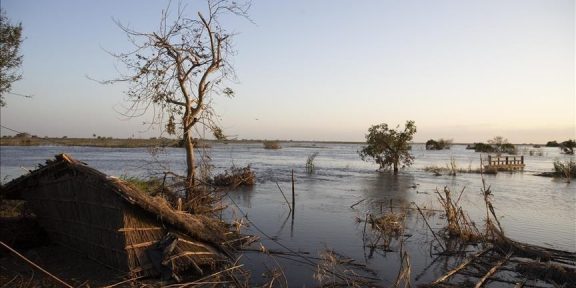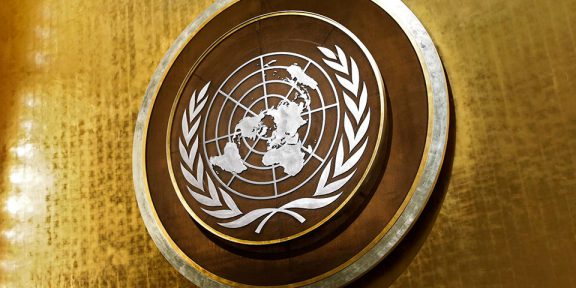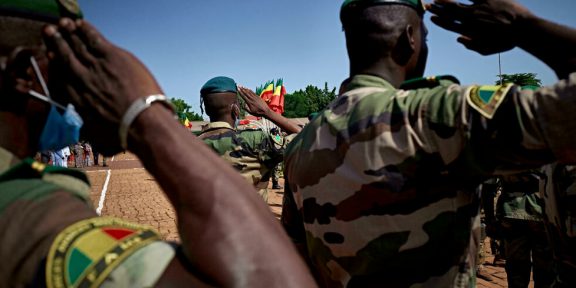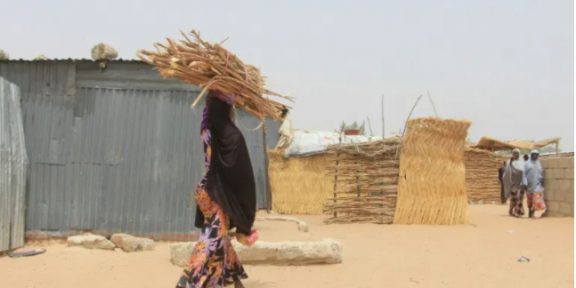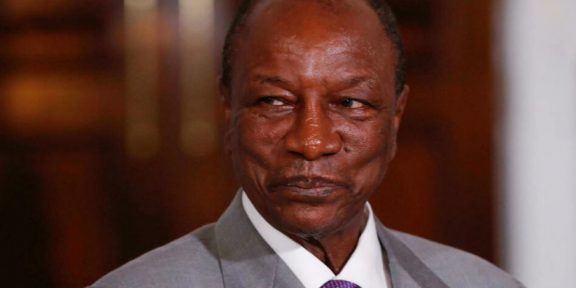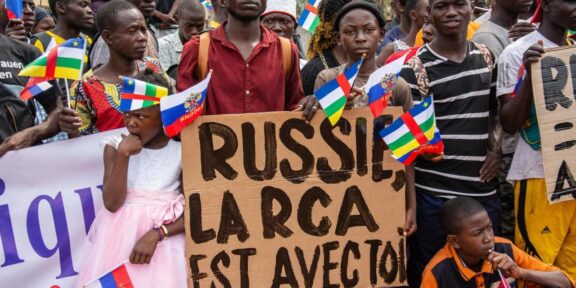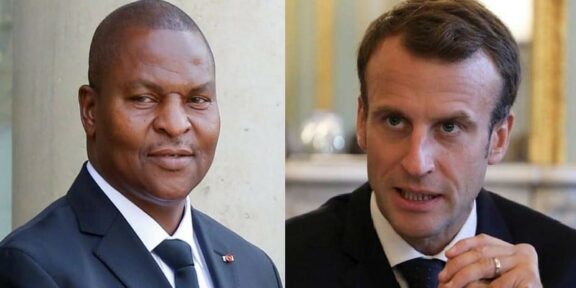The Central African Republic has long been in a state of war and destabilisation. With the arrival in power of the President of the Central African Republic, Faustin Archange Touadéra, the situation has begun to improve significantly. A large part of the CAR’s territory is now under the control of the Central African government and the national army (FACA), which ensures the peace and security of the population.
On 10 April 2014, the United Nations Multidimensional Integrated Stabilisation Mission in the Central African Republic (MINUSCA) began its work to protect civilians in the Central African Republic.
During its nine years of operation, the MINUSCA contingent has committed a number of crimes against the local population of the CAR. However, these MINUSCA elements have never been brought to justice. In most cases, the MINUSCA contingent has been accused of supporting armed groups that have terrorised civilians in the Central African Republic. This active support to armed groups takes the form of transferring arms and ammunition, providing food, and transporting rebels from one place to another in exchange for gold, diamonds or other material goods. MINUSCA is also often accused of smuggling natural resources, sexual harassment of adults and minors, corruption and killing civilians.
The Gabonese contingent, for example, has been found guilty of sexual abuse. MINUSCA issued a statement saying that the Gabonese Ministry of Defence is investigating the case. UN officials have decided to withdraw about 450 Gabonese peacekeepers from the CAR following numerous cases of alleged sexual exploitation and abuse, including of children.
It should be noted that the Mauritanian contingent of MINUSCA is often quoted in the media, accused of illegal activities that do not comply with the standards of the UN mandate. The Mauritanians work closely with the UPC rebels and personally with Ali Darass. The exchange of arms, ammunition and food for diamonds and gold has become commonplace for the Mauritanian UN contingent.
For example, in the second half of September 2022, in the village of Goya, near Ngakobo, in the Ouak region, villagers reported that the Mauritanian contingent of MINUSCA based in their locality was caught red-handed supplying the UPC rebels with food, arms and ammunition.
According to a witness from the village of Goya, “It was a MINUSCA helicopter loaded with arms, ammunition and food that landed in Goya near Ngakobo. The population saw Mauritanian soldiers distributing arms, ammunition, food and even money to the rebels. It was blatant and the population immediately contacted the local MP to inform him of the facts,” he said. This explains the recurrence of attacks, rapes and looting that they commit in the Ouaka prefecture.
In addition, MINUSCA vehicles are often the cause of many accidents on CAR’s roads. Fatal accidents are often caused by blue helmets driving under the influence of alcohol or at excessive speed.
For example, on 1 November 2021, the Egyptian police contingent of MINUSCA, deviating from the route and leaving the convoy, drove towards the presidential residence and started taking pictures. The Presidential Guard tried to prevent this attempt at filming. The MINUSCA bus turned around and left the scene at high speed. As it left, the MINUSCA bus hit a Central African girl and dragged her 20 metres along the road. The girl died on the spot from her injuries. The MINUSCA bus did not even stop and fled back to its base.
And this is just a small list of all the crimes committed by MINUSCA during its nine-year presence in CAR. MINUSCA’s crimes have provoked protests from the population under the name “Stop MINUSCA”. On many occasions, the inhabitants spontaneously stopped UN vehicles and asked them to leave the area. The geography of the protests corresponds to the locations of MINUSCA troops. The Central African people yearn for peace and justice!
In October-November 2021, Central Africans organised a series of demonstrations to demand the withdrawal of MINUSCA. Civil society organisations collected 640,317 signatures calling for the end of MINUSCA’s mandate in CAR.

